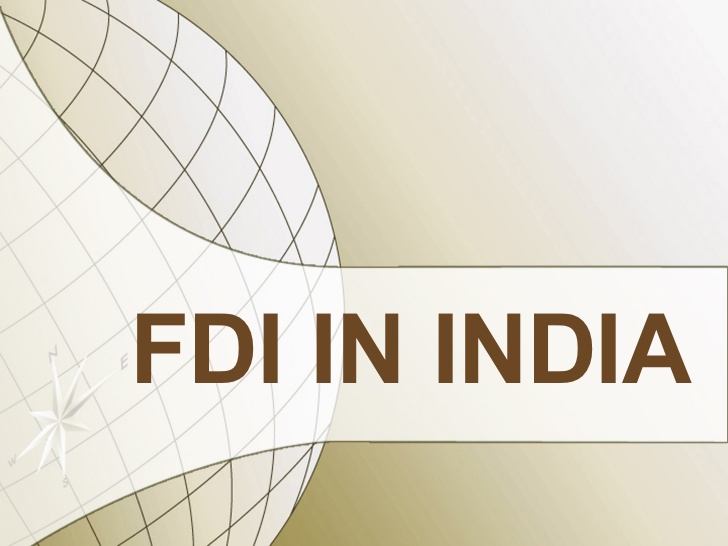Indus Valley Civilization
Indus Valley Civilization was the first major civilization in south Asia, which spread across a vast area of land in present day India and Pakistan (around 12 lakh sq.km). The time period of mature Indus Valley Civilization is estimated between BC. 2700- BC.1900 i.e. for 800 years. But early Indus Valley Civilization had existed even before … Read more
